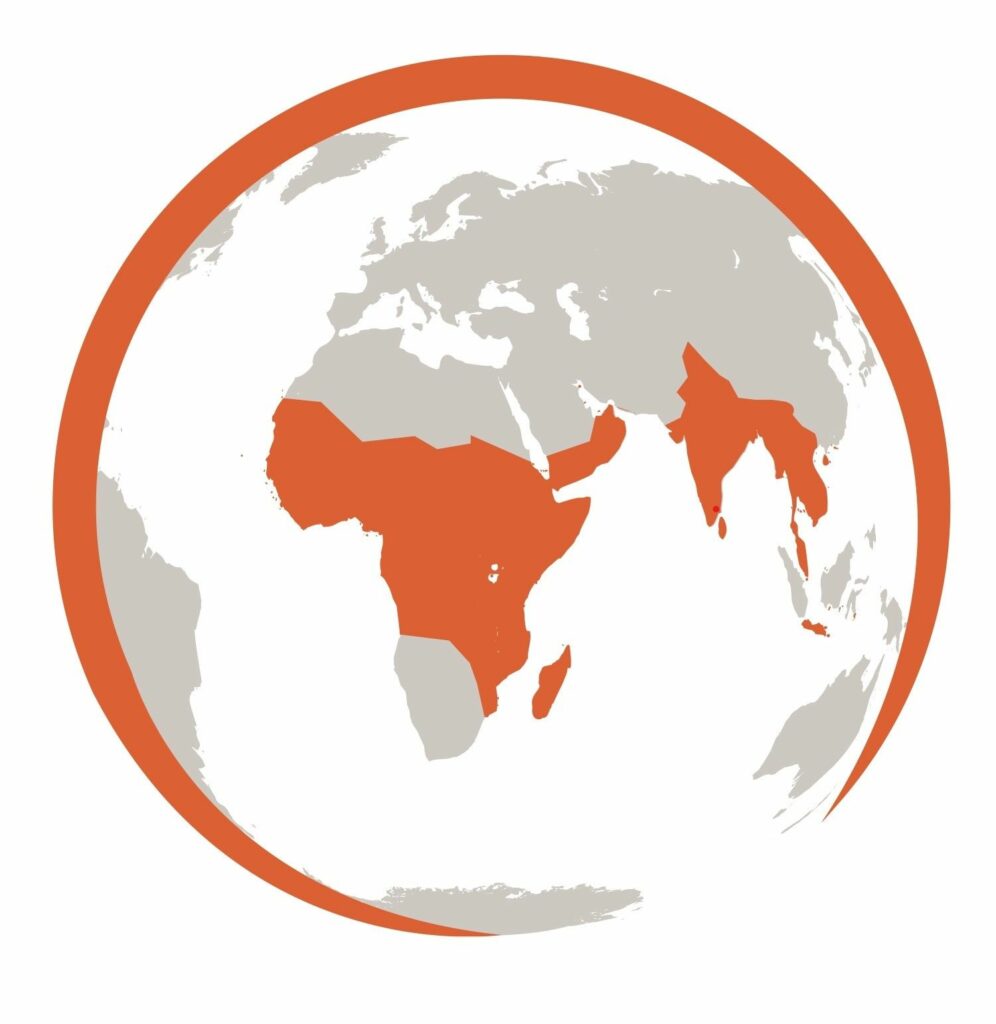Funders
Bill and Melinda Gates Foundation
Location
Benin, Democratic Republic of Congo, Global, Nigeria
Dates
2021-2023

Countries rely on both routine health systems and campaign-based delivery to extend the reach of important health interventions. A key challenge in effective campaign delivery has been the access and use of real-time, complete quality data for decision-making throughout the campaign cycle. A growing number of health campaigns are digitising planning and implementation processes to improve campaign efficiency, effectiveness, and cost-effectiveness. More evidence is needed on where and how campaign digitisation adds the most value and which factors are key for creating this value.
Tropical Health was commissioned by the Bill and Melinda Gates Foundation to conduct an evaluation that assessed and explored the value of campaign digitisation across diverse campaigns and settings using a mixed-methods, case study approach.
The evaluation ran from May 2021 to June 2023, and focused on three country case studies, Benin, DRC and Nigeria. Each case study utilised a mixed methods approach, involving document review, primary field data collection (campaign activities observation, semi-structured interviews and participatory workshops), quantitative campaign data review and secondary analyses (where feasible) and cost analyses.
The three case studies covered eight digitised campaigns: three insecticide-treated net (ITN) distribution campaigns, two seasonal malaria chemoprevention (SMC) campaigns, two onchocerciasis (oncho) / lymphatic filariasis (LF) mass drug administration (MDA) campaigns and one polio vaccination campaign.
Collectively these case studies generated evidence and analysis on:
• the contexts most suitable for campaign digitisation,
• best practices for adaptation and implementation of digital tools for campaigns,
• programme efficiencies and outcomes achieved by using digital tools and, where relevant, their re-use across campaigns, and
• lessons learned for other programmes, including recommendations on where and when digital tools should be prioritised.
Key conclusions included that digitisation generated valuable campaign implementation benefits irrespective of country context, campaign type and digitisation approach. Even limited approaches were perceived to generate improvements in data quality and availability. For most of the hypothesized efficiencies, some evidence was found that these were achieved as expected. The most important perceived benefits were related to improved quality and use of real-time data; increased accountability and transparency; work and time efficiencies; and the creation and reuse of resources.
The findings were shared in country case study reports and posters, as well as a synthesis report and a presentation. Our work has so far been disseminated at two key events, American Society of Tropical Medicine and Hygiene (ASTMH) 2022 meeting in Seattle, and Gates funded Alliance for Malaria Prevention (AMP) meeting in Geneva. Our findings and recommendations have been used by key health digitisation partners of the Foundation that were targeted as audiences of the evaluation.
Global Fund / Nigeria National Malaria Elimination Programme
Nigeria
2023 - 2024
Belgian Cooperation/ Light for the World
Democratic Republic of Congo, Rwanda, Tanzania
2021-2022
UK Aid and People’s Postcode Lottery / Sightsavers
Malawi, Uganda
2023 - 2024